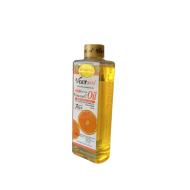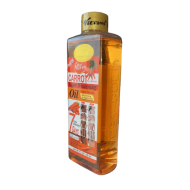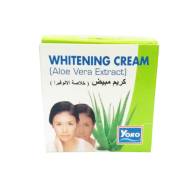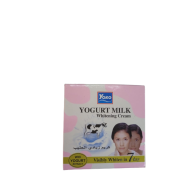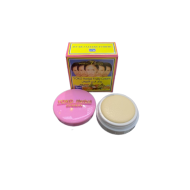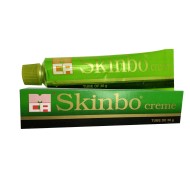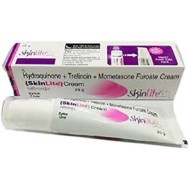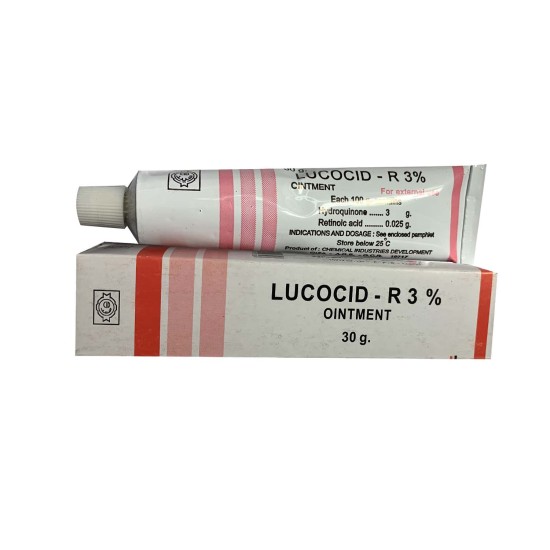
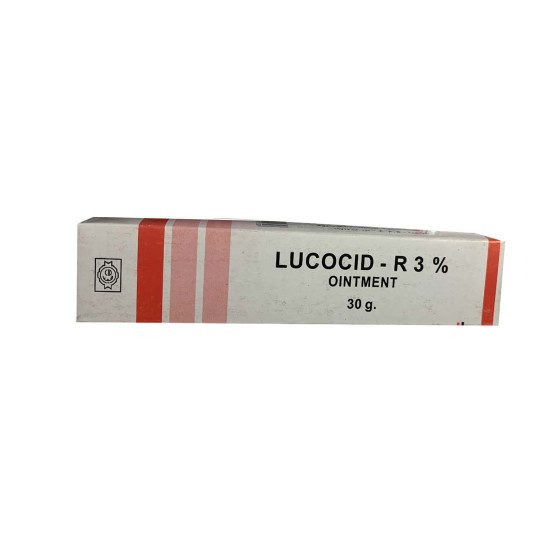
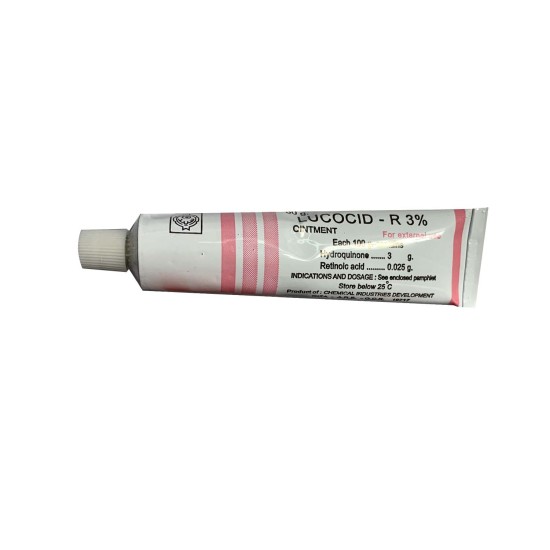
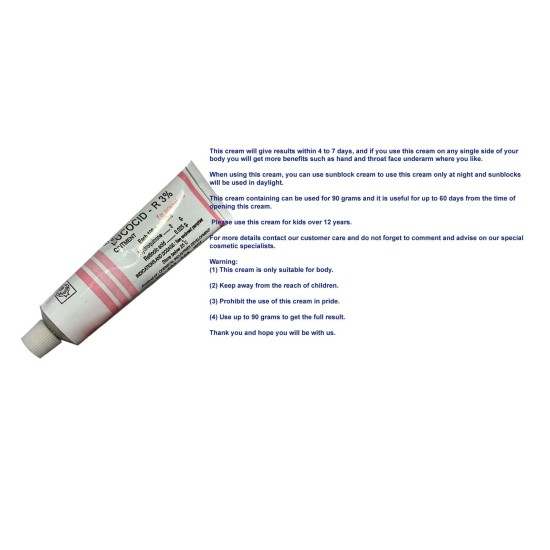




- Stock: 13
- Model: 6221043012858
- Weight: 0.30kg
- Dimensions: 1.00cm x 2.00cm x 3.00cm
- SKU: NEW
Lucocid R 3% Ointment
Description
Hydroquinone 3% and retinoic acid 0.025% are commonly used ingredients in skincare products. Let me provide you with some information about each ingredient:
- Hydroquinone 3%: Hydroquinone is a skin-lightening agent that works by reducing the production of melanin, the pigment responsible for dark spots and hyperpigmentation. It is often used to treat conditions such as melasma, age spots, and post-inflammatory hyperpigmentation. Hydroquinone is available in different strengths, with 3% being a common concentration used in over-the-counter products.
When using hydroquinone, it's important to follow the instructions provided by the product and consult with a dermatologist if you have any concerns. Prolonged or excessive use of hydroquinone can sometimes lead to skin irritation or a condition called ochronosis, characterized by bluish-black discoloration of the skin.
- Retinoic Acid (Tretinoin) 0.025%: Retinoic acid, also known as tretinoin, is a derivative of vitamin A. It is a popular ingredient in skincare products due to its ability to promote skin cell turnover and exfoliation, thereby improving the appearance of the skin. Tretinoin is commonly used to treat acne, fine lines, wrinkles, and uneven skin tone.
When using tretinoin, it's important to start with a lower concentration, such as 0.025%, to allow your skin to adjust. Tretinoin can cause skin dryness, redness, and peeling initially, but these side effects usually subside as your skin adapts to the treatment. It is typically recommended to use tretinoin at night and to apply sunscreen during the day, as it can increase the skin's sensitivity to the sun.
It's important to note that both hydroquinone and tretinoin can have potential side effects and may not be suitable for everyone. It's best to consult with a dermatologist who can evaluate your skin condition, provide personalized recommendations, and guide you on the appropriate use of these ingredients.
more abut this produces contact our customer care we have cosmetic specialist asking and Get your Answer for Skin-Face-Nike-Solder-Hand-Lack-Underarms-Underwear
https://api.whatsapp.com/send?phone=971567692006


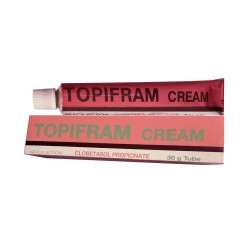
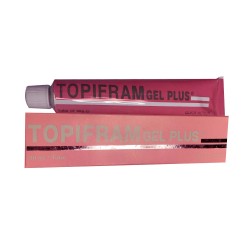
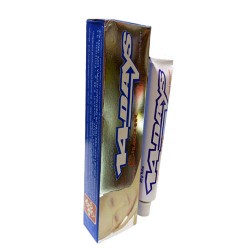
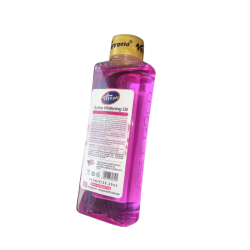
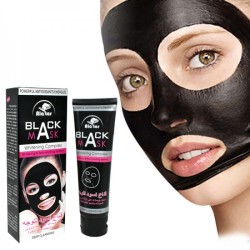
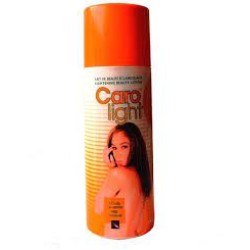
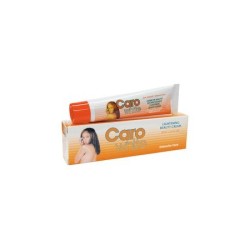
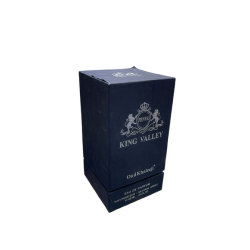

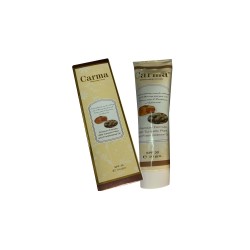
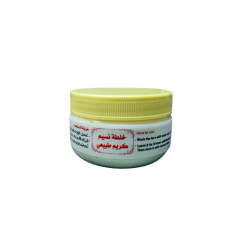
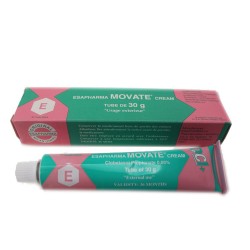
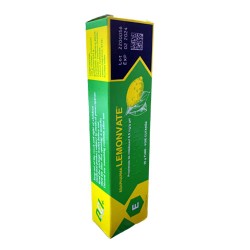


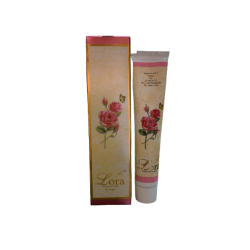
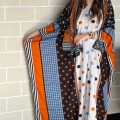

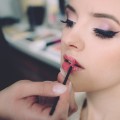
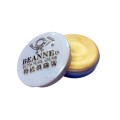
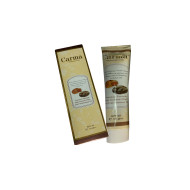
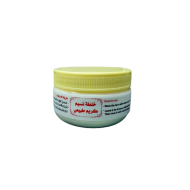
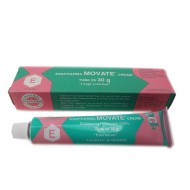
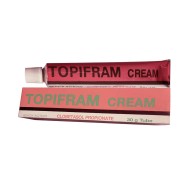
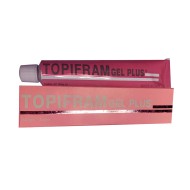
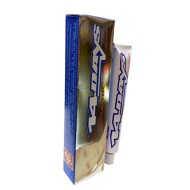
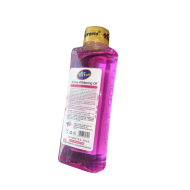
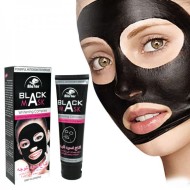

-190x190h.png)
